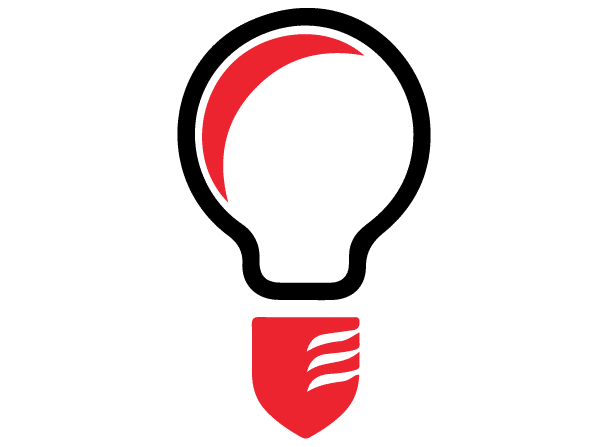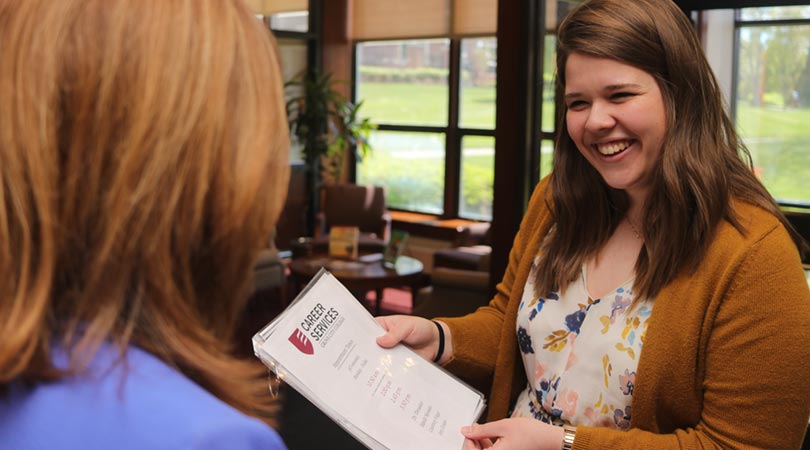On the evening of February 10, 2020, I was sitting back at my desk in my dormitory room, breathing a sigh of relief – I’d just finished submitting my first round of summer internship applications and I was feeling optimistic. There was still snow on the ground and word of a highly-contagious virus exploding onto the public stage hadn’t reached the Grove City College campus yet. Like most other students in the U.S., I had no idea what was coming. I even started researching intern housing for the summer.
Two months later, I’ve been thinking I should have been rereading The Martian and studying up on best communication practices for isolated video chat. I don’t think I am alone when I say that learning while social-distancing feels a bit like living in a bubble on the Moon, and I know I am not alone when I admit that my plans for this summer have evaporated.
Educators working with the United States Association for Small Business and Entrepreneurship (USASBE) decided they needed to do something to help students affected by these challenging new circumstances.
On Wednesday, April 22nd, the organization held a virtual conference with educators and students from all over the country, to hold a discussion on “Summer Internships and Income Opportunities During COVID-19”. The conference featured multiple speakers and topics ranging from career exploration to reflection on previous “crisis grads”.
James Zebrowski from the Collegiate Entrepreneurs’ Organization spoke about “Tools for Students and Student Perspective”. Zebrowski discussed how students can take this time – over the summer break – to search for job and internship opportunities online, using platforms like LinkedIn and a website called jobs.c-e-o.org, which is specifically for entrepreneurship students. He also pointed out that students should try to be open to positions at organizations they may not have previously considered working at.
“As an entrepreneur you have to have your eyes and ears constantly open… something to consider is, while you may have no interest in working for CVS, Krogger, etc., you will learn a lot about that industry or market by working there.”
Next up was Dr. Juanita Morris, a first-generation entrepreneur, from Richland Community College and J. Morris Enterprises. Dr. Morris delved into how students can take advantage of opportunities lost to COVID-19, by taking time instead to deep-assess their interests and skills.
Dr. Morris’s advice for examining the skill sets students do have included finding “your flow”, with the remark that “Who you are, what you do, and what you believe – they have to be in alignment”. She suggested students take a close look at the things that motivate them to work hard and propel them forward, the things they are already skilled at, and focus on cultivating those things while continuing to plan far into the future, because, as Dr. Morris wisely put it, “If you are planning for today, you are totally behind”.
The final speaker was Eric Koester from Georgetown University and Creating Creators, who discussed “Crisis Grads and the Portfolio Expansion Projects Fellowship Program”. Koester pointed out that students shouldn’t worry about not getting their first choice dream internship or job right now – “The brand name of your internship is much less important than what you produced where you were at”. He recommended that students use this time to work on a project that they would be able to put in a portfolio to show employers – a book, blog, podcast, design project, etc. The idea is that creating your own “internship” like this will show employers the transferrable skills and knowledge you have, just as well as a resume builder position would, and perhaps even better.
Koester has set up a program this summer to help students build their portfolios at home, with the virtual, 5-month Portfolio Expansion Projects (PEP) Fellowship. The program is free and open to all majors, with project fellowships in non-fiction writing, creative writing, podcasts or audio production, and video course production. Interested students can apply and find more information here.
The presentations were uplifting to witness and reminded me that this is a time when we are called to resourcefulness, which so often leads to brilliant creativity. And, as Dr. Morris so astutely put it, “if the intent is to live a life that is absolutely amazing and the best that it can be, you have to be an entrepreneur”.

